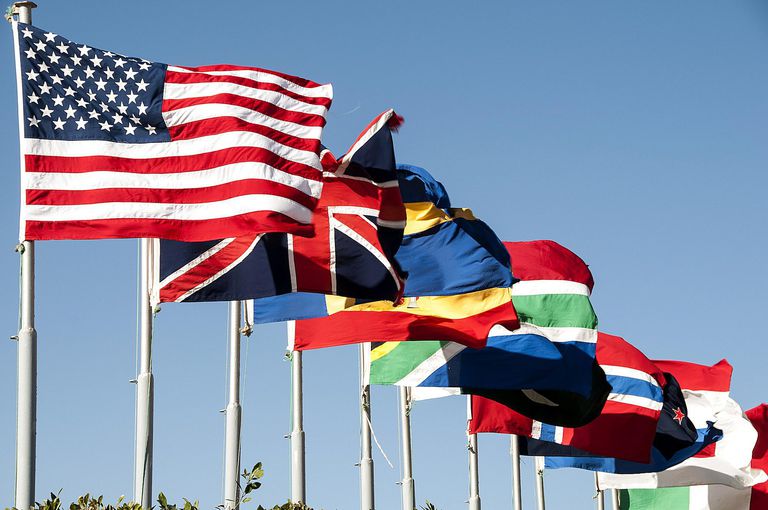Non-paper - Possibility of sanctions against Myanmar? Views from the internet on possibility of sanctions, and what US sanctions would include (former US sanctions on Myanmar and other countries in comparison)
14 Nov 2018
In October 2016, President Barack Obama formally announced the lifting of decades-long trade sanctions against Myanmar by termination of the emergency order on the economic and financial sanction by the Department of the Treasury’s Office of Foreign Assets Control.
However, the conflict in Rakhine State has sparked international outcry. Myanmar has been accused of ethnic cleansing by the United Nations High Commissioner for Human Rights (UNHCR) which could lead to the US re-imposing sanctions on Myanmar.
Alternatively, the US State Department may consider continuing its policy of targeting sanctions on individuals, rather than targeting Myanmar as a whole. The Trump administration earlier levied sanctions on the Chief of Myanmar’s western military command. However, the administration is under pressure from human right activists and lawmakers to impose more sanctions on those involved in the brutal military crackdown in August 2017 in Rakhine State.
The European Union has also accused Myanmar of “serious and systemic” human rights violations in response to attacks on security forces in northwest Myanmar last year that sent nearly 700,000 Rohingya Muslims fleeing to neighbouring Bangladesh.
Most recently in August 2018, the US imposed sanctions on four commanders from the Myanmar military and border guard police, plus two military units, for their alleged involvement in ethnic cleansing in Rakhine State. The sanctions were imposed on military commanders Aung Kyaw Zaw, Khin Maung Soe, and Khin Hlaing, and border police commander Thura San Lwin, in addition to the 33rd and 99th Light Infantry Division. The sanctions call for a freeze of any US assets held by these individuals, a prohibition on Americans doing business with them, and travel bans.
However, the US government policy is controversial since it did not target high levels of Myanmar’s military, and stopped short of calling the anti-Rohingya campaign as crimes against humanity or genocide, which has been a subject of debate within the US government.
On 17 August 2018, US senators appealed to Secretary of State Mike Pompeo to publicize a State Department report detailing atrocities conducted against the Rohingya, and to submit the report to the Department’s Office of the Legal Adviser to determine whether crimes against humanity and genocide were perpetrated by security forces in Myanmar.
The military in Myanmar has denied accusations of ethnic cleansing and says its actions were part of a fight against terrorism. According to Mr. Matt Pottinger, Senior Director for Asian Affairs at the White House National Security Council, the administration led by President Donald Trump is not considering broad economic sanctions against Myanmar, but is looking at narrow sanctions “aimed at individuals who we believe the evidence shows should be held accountable for some of the atrocities” in northern Rakhine State. Therefore, the UN, EU and US are reviewing information and discussions with various stakeholders in the implementation of their sanctions policy.







